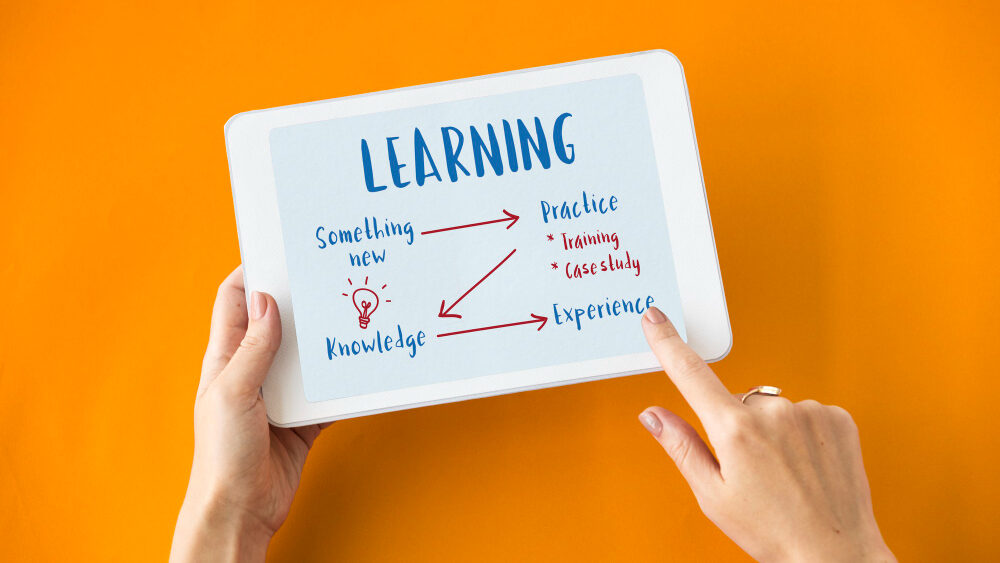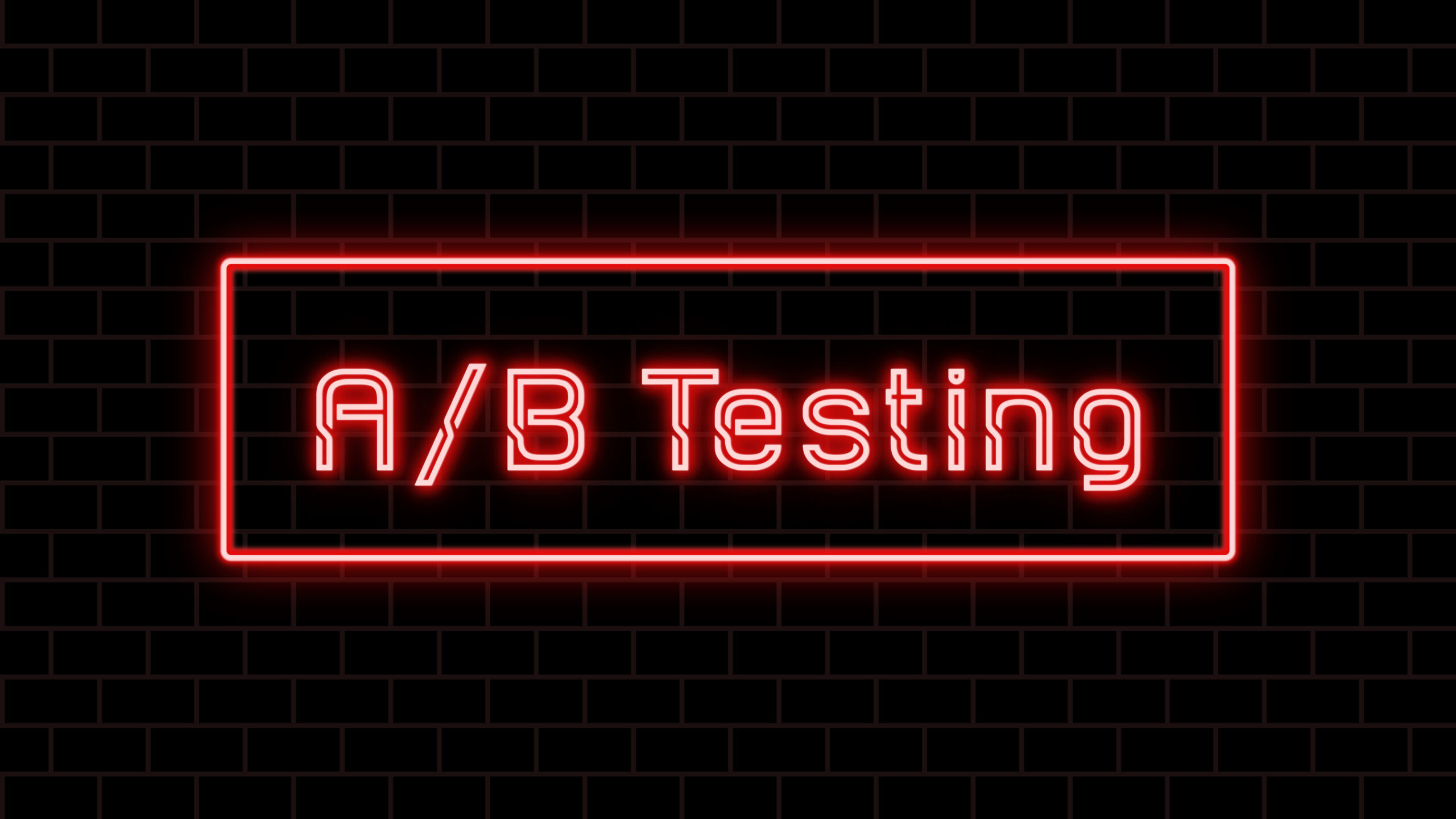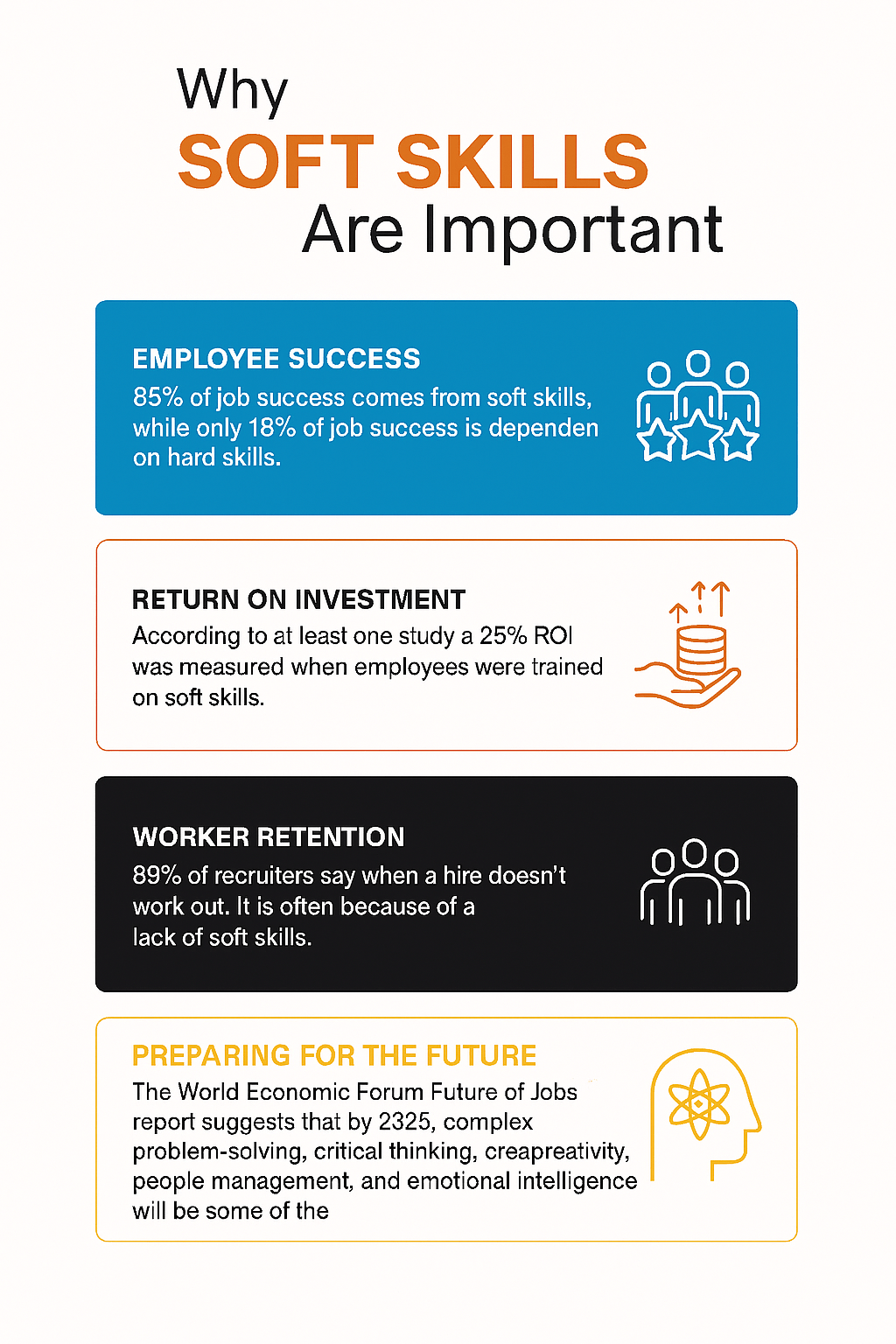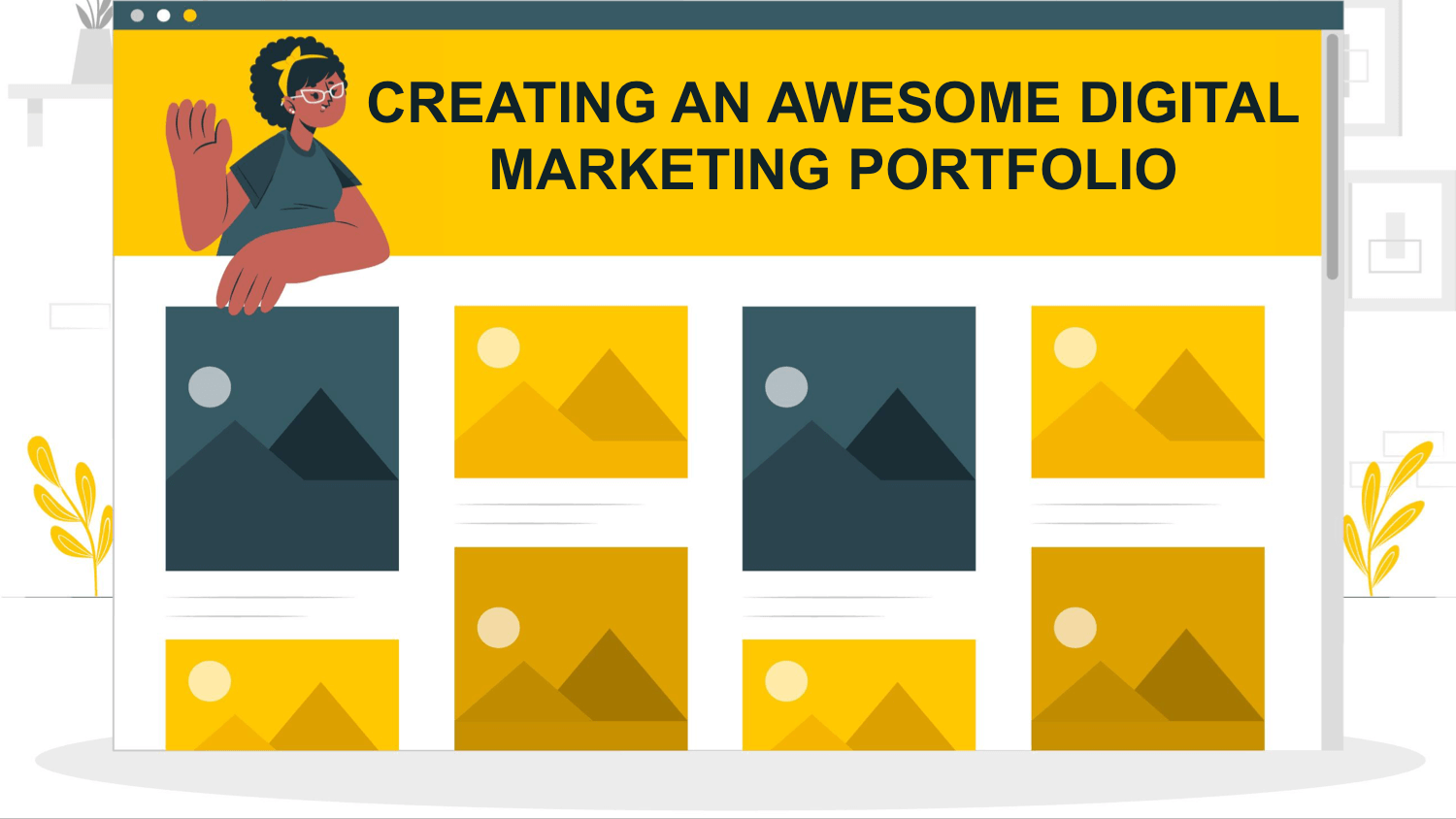
How to Learn Digital Marketing Skills Quickly
How to Learn Digital Marketing Skills Quickly
If you want to turn curiosity into capability, few fields offer as much potential today as digital marketing. Whether you’re inspired by the success stories of Kiwi entrepreneurs or you’re eyeing a career switch, this skillset can become your springboard. But digital marketing is vast, dynamic, and filled with jargon. Accelerating your learning curve can seem daunting. So, how do people progress from beginner to confident practitioner without months—or years—of grappling in the dark?
Digital marketing draws from creativity, analytics, psychology, and tech know-how. It invites those hungry to learn and rewards those who blend action with insight. So let’s cut to the chase: if you’re keen to ramp up your skills, there’s a clear path waiting.
Lay a Solid Foundation: Core Disciplines and Why They Matter
Before you attempt to spread your wings across every channel or fad, it pays to understand digital marketing’s core pillars. Successful professionals always have a firm grounding in these essentials:
- Content Marketing: Crafting compelling stories and value-driven blog posts, social updates, ads, and videos.
- Search Engine Optimisation (SEO): Tweaking your website and its content so you appear on Google when it matters.
- Social Media Marketing: Building communities, driving engagement, and mapping out the right platforms for your goals.
- Email Marketing: Creating messages that people love to open, read, and act on.
- Paid Advertising (PPC): Using platforms like Google Ads or Facebook to reach the right audience, at scale, efficiently.
- Analytics: Making decisions based on what’s working and what’s not.
Essential marketing skills include data analysis, content creation, campaign management, and the ability to adapt quickly to new digital trends.
Here’s a visual snapshot:
| Area | What You’ll Learn | Main Tools |
|---|---|---|
| Content Marketing | Strategy, blogging, video scripts, repurposing | WordPress, Grammarly, Canva |
| SEO | Keyword research, on-page fixes, and backlinks | SEMrush, Ahrefs, Google Search |
| Social Media | Scheduling, engagement, and campaign planning | Buffer, Hootsuite, Meta Suite |
| Email Marketing | List building, segmentation, email design, and newsletters | Mailchimp, ConvertKit, Hubspot |
| PPC & Paid Search | Ad creation, targeting, budget control, and split testing | Google Ads, Meta Ads, LinkedIn |
| Analytics | Interpreting visitor behaviour, setting goals, and reporting | Google Analytics, Data Studio |
Trying to learn everything at once can stall momentum. Instead, master the basics, then quickly move to practical experiments.
Search Engine Optimization (SEO) & Search Engine Marketing (SEM)
Search Engine Optimization (SEO) is the practice of optimizing your website and content to rank higher in organic (unpaid) search engine results. This involves keyword research, on-page optimisation, technical improvements, and building high-quality backlinks. The goal is to increase visibility and attract relevant traffic without paying for placement.
Search Engine Marketing (SEM), on the other hand, refers to paid strategies for increasing your website’s visibility in search engine results. This typically involves running pay-per-click (PPC) campaigns on platforms like Google Ads or Bing Ads. SEM allows you to target specific keywords and demographics, driving immediate traffic to your site.
Actionable Steps for Beginners
- Start with the Basics
- Take free introductory courses such as Google’s SEO Starter Guide and Google Ads Certification.
- Read beginner-friendly blogs like Moz’s Beginner’s Guide to SEO and WordStream’s PPC University.
- Practice Hands-On
- Set up a simple website or blog and apply SEO fundamentals: optimise titles, meta descriptions, and content for target keywords.
- Create a Google Ads account and experiment with a small PPC campaign to understand keyword bidding, ad creation, and performance tracking.
- Use Essential Tools
- Explore free tools like Google Search Console, Google Analytics, and SEMrush’s free features to monitor your site’s SEO performance.
- Use Google Keyword Planner to research keywords for both SEO and SEM campaigns.
- Stay Updated
- Subscribe to industry-leading blogs such as Search Engine Journal, Search Engine Land, and the Google Ads Blog for the latest trends and algorithm updates.
- Join Communities
- Participate in forums like Reddit’s r/SEO and r/PPC, or join LinkedIn groups focused on digital marketing to ask questions and share experiences.
By building a strong foundation in both SEO and SEM, you’ll be equipped to drive both organic and paid traffic, maximising your digital marketing impact.

Structured Learning vs. Real-World Action
A quick scan of courses and certifications can leave you with decision fatigue. Should you sign up for an online bootcamp, invest in a university paper, or simply wing it with YouTube tutorials? The answer is to blend learning with action.
Books and Blogs: Unquestionably useful for theory and best practices. Titles like “Digital Marketing for Dummies” or Neil Patel’s blogs distil the fundamentals. Keep a shortlist of the most cited blogs in your bookmarks.
Online Courses: Many platforms offer world-class material, often free or affordable. If you’re looking to specialize, consider a digital marketing course. Some standouts:
- Google Digital Garage
- HubSpot Academy
- LinkedIn Learning
- SEMrush Academy
- The Institute of Digital Marketing NZ
Each provides certification, giving you confidence and CV-enhancing official kudos.
Podcasts, Webinars, and Newsletters: Practical insights on what’s trending and working right now. Tim Ferriss, Marketing School, and local groups like NZ Marketing Association are all worth a listen.
Join Local and Online Communities: Networking isn’t just for sales reps. Slack groups, LinkedIn communities, and Wellington’s own digital meetups put you in touch with those facing the same hurdles you are.
Pair each hour of study with a genuine experiment. Try writing a blog, running a $10 Facebook ad, or tracking a simple campaign in Google Analytics. You’ll immediately reveal your blind spots—and fix them the fastest way possible.
Specialisation vs. Generalisation
You’ll hear a lot about T-shaped marketers: those who dabble in a wide range of areas but go deep in one or two. For those new to the field, this is a worthy aim.
Start broad, but when something clicks—perhaps you discover a knack for copywriting, or love the puzzles of SEO—go all in. Spend twice as much time building real projects and case studies in that specialty.
- Write detailed blog posts and optimise them for Google.
- Build, segment, and automate an email list for your own project.
- Run small ad campaigns to sell a product or service, even if it’s hypothetical.
Generalists can secure roles in agencies or small businesses that offer digital marketing services. Specialists often flourish in high-paying in-house positions or freelancing roles.
Challenge Assumptions with Data
Digital marketing has become more scientific than ever. Every click, share, and email open rate gives you facts about what works. Early on, lean into platforms that teach you how to test your assumptions:
- Google Analytics: Understand where visitors come from, what they do, and when they leave.
- Facebook Ads Manager: Test multiple creatives and audiences. Let the data pick the winner.
- A/B Testing Tools: Try Google Optimize or Optimizely to see which version of a page or offer performs better.
Run at least one experiment specifically to prove or disprove a preconception. Think your blog titles don’t matter? Test five variants and check the results. The discipline of hypothesis and experiment is the fastest way to move forward.

The Role of Soft Skills
Hard skills matter, but digital marketers who combine them with people and process know-how rise quickly. Communication, creativity, curiosity, and adaptability amplify your technical skills.
- Copywriting: Can you grab attention, spark emotion, and drive response? This applies equally to search ads, tweets, and web pages.
- Collaboration: Working with designers, developers, stakeholders, and clients is essential. Listening well and asking good questions lead to campaigns that work.
- Time Management: With so many channels and tools, prioritising high-impact work is a skill unto itself.
Building these skills goes beyond formal study. Request feedback, join group projects, and reflect on each campaign, from both the numbers and the narrative.

Build a Portfolio Early
There’s no substitute for a body of work. Even as a newbie, your experiments, side projects, and freelance jobs become the strongest proof of your abilities.
Consider these approaches:
- Volunteer for a local business or charity needing digital help.
- Create a simple website for your own hobby or freelance service.
- Offer to audit a friend’s Instagram or Facebook page and present your findings.
Document each project. Don’t just show the shiny end result, but also the thinking, planning, and lessons. Future employers, clients, and collaborators pay as much attention to your process as your outcomes.

Stay Current and Adaptable
Algorithms change, channels shift, and consumer preferences constantly move. Top marketers build routines that keep them current without getting overwhelmed.
Devote a simple thirty minutes a week to:
- Skimming the latest Google and Meta updates
- Reading summaries from leading Kiwi marketers and agencies
- Talking shop with fellow learners or mentors
Balance curiosity with scepticism. Avoid chasing every shiny object, but always be prepared to adapt your approach as the landscape shifts.
Accelerate Your Learning with Generative AI
Generative AI is transforming how marketers learn, create, and execute campaigns. Tools like ChatGPT, Gemini, and Jasper are no longer futuristic novelties—they’re practical assets that can dramatically speed up your digital marketing journey.
With generative AI, you can brainstorm content ideas, draft social posts, generate email copy, and even analyse data patterns in minutes rather than hours. For example, ChatGPT can help you outline a blog post or suggest headlines tailored to your target audience. Jasper can generate ad copy variations for A/B testing, while Gemini can summarise industry news or automate research tasks.
AI also accelerates skill development. If you’re stuck on a technical SEO question or need to understand a marketing concept, you can prompt these tools for instant explanations, code snippets, or step-by-step guides. This on-demand support means you spend less time searching and more time applying what you learn.
To get started, experiment with free versions of these platforms. Challenge yourself to use AI for one task each week—whether it’s drafting a newsletter, analysing campaign results, or generating creative ideas for your next project. Over time, you’ll discover how generative AI can boost both your productivity and your confidence as a digital marketer.
Learn from Mistakes (Theirs and Yours)
Much of digital marketing feels experimental. Most professionals will admit to burning through a little budget on ads that missed or writing newsletters that flopped.
Reading case studies—both local and global—offers stories of missteps and success alike. Apply these lessons to sidestep common errors and find creative workarounds.
Every failed experiment is a stepping stone. If you treat every result as feedback, not failure, skills develop with surprising speed.
Kiwi Resources to Kickstart Your Learning
Here in Aotearoa, digital marketing has a unique flavour, shaped by our scale, local platforms, and consumer mindsets. Tapping into local thought leaders can accelerate your learning:
- Sign up for NZ Marketing Magazine and the NZ Marketing Association newsletter
- Follow local voices on LinkedIn and Twitter
- Attend webinars or meetups in Auckland, Wellington, or Christchurch, many of which are now easy to join virtually
- Seek out local businesses willing to let you cut your teeth on their campaigns
Access to a supportive, nearby network can speed up troubleshooting and help you keep momentum.
The Power of Curiosity and Consistency
Now, digital marketing can look complicated, but it rewards those who keep showing up. Action is the best antidote to overwhelm. Each article you read, each post published, every ad tweak—these pile up, compounding into confidence.
Whether you’re angling to climb the professional ladder or grow your own project, adopting a learn-by-doing philosophy can set you apart. There’s no secret shortcut, but with the right mix of curiosity, practice, and feedback, the time you invest today grows louder and stronger tomorrow.
Skills stack quickly when you keep one eye on the foundations and the other on current trends. Set aside time for learning and experimenting each week, and soon you’ll start to see patterns, possibilities, and opportunities. That’s when digital marketing truly comes alive.

